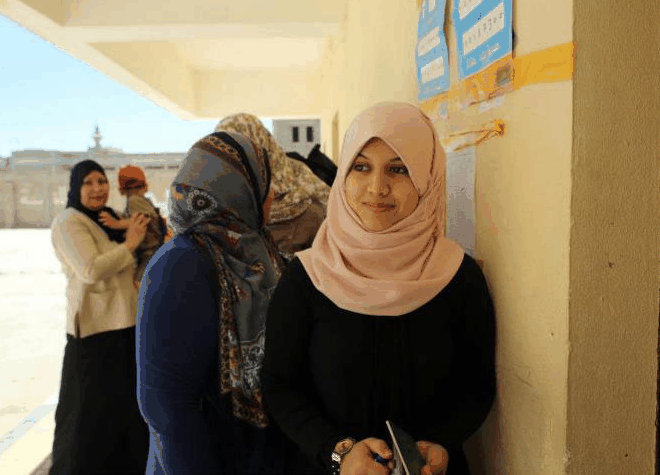By Mustafa Fetouri for Al-Monitor. Any opinions expressed are those of the author, and do not necessarily reflect the views of Libya Business News.
On June 25, right after she cast her vote for the new Council of Representatives, Salwa Bugaighis was murdered at her home in Benghazi in eastern Libya.
She was Libya’s most prominent female lawyer, a member of the former National Transitional Council (NTC) that led the rebel movement in 2011 and well-known civil activist.
In February, Libya was shocked again by news of murder targeting yet another well-known activist in Tripoli: Intissar al-Hasaari and her aunt were killed at a busy road west of Tripoli's city center.
Those two cases made headlines inside and outside the country, because the victims were well-known public activists. However, many more violent crimes against women go unreported. So far, not a single murder case has been thoroughly investigated, let alone solved and the killers brought to justice.
Since NATO helped rebels topple the regime of Moammar Gadhafi, women in the new Libya have suffered ironically at the hands of those who claim to have liberated them, most of whom became militias involved in crime.
While claims of mass rape during the 2011 war still remain uninvestigated, it is well known that violence against women is a major issue. Because of social taboos, it is hard for victims to come forward and the country’s successive governments have made no serious efforts to look into the matter.
In terms of legislation, the biggest setback has probably been the annulment of Gadhafi-era legislation virtually banning polygamy. On the eve of Gadhafi’s murder in October 2011, NTC Chairman Mustafa Abdul Jalil called for polygamy to be legalized, claiming that banning it ran counter to Sharia. In 2013, the law was struck down and polygamy became legal again.





